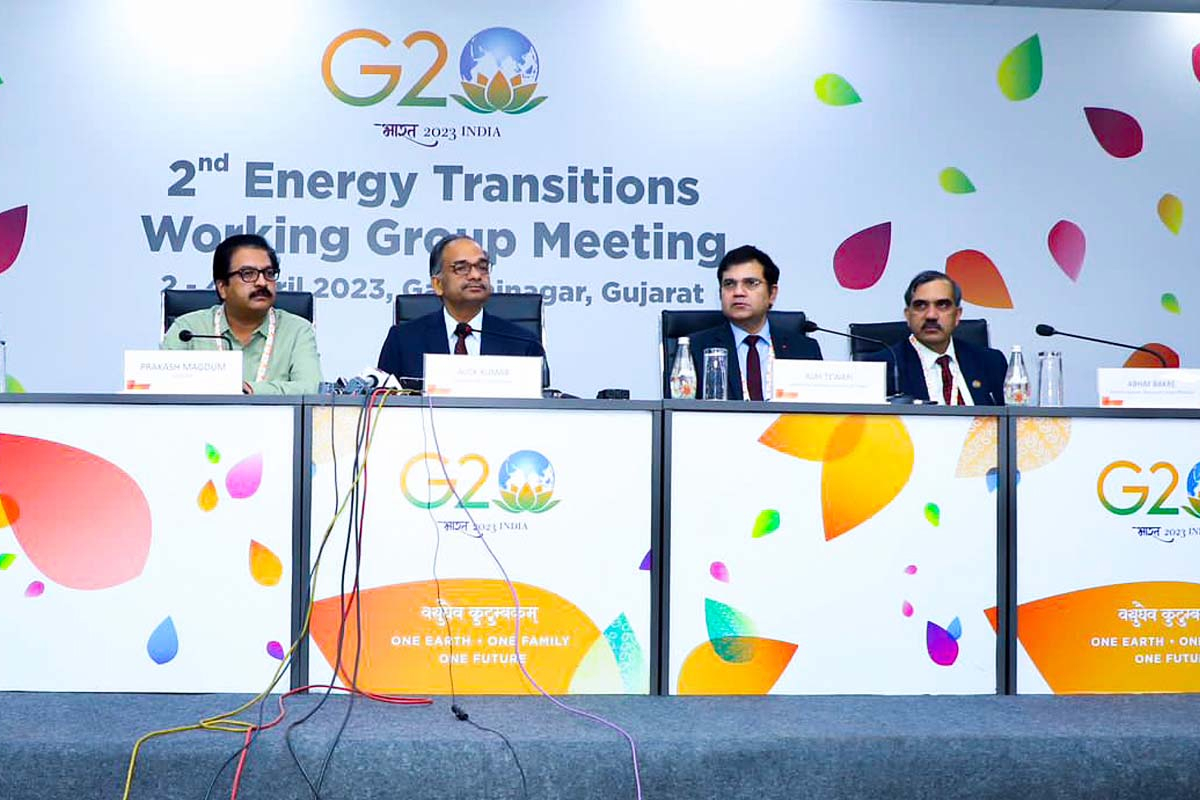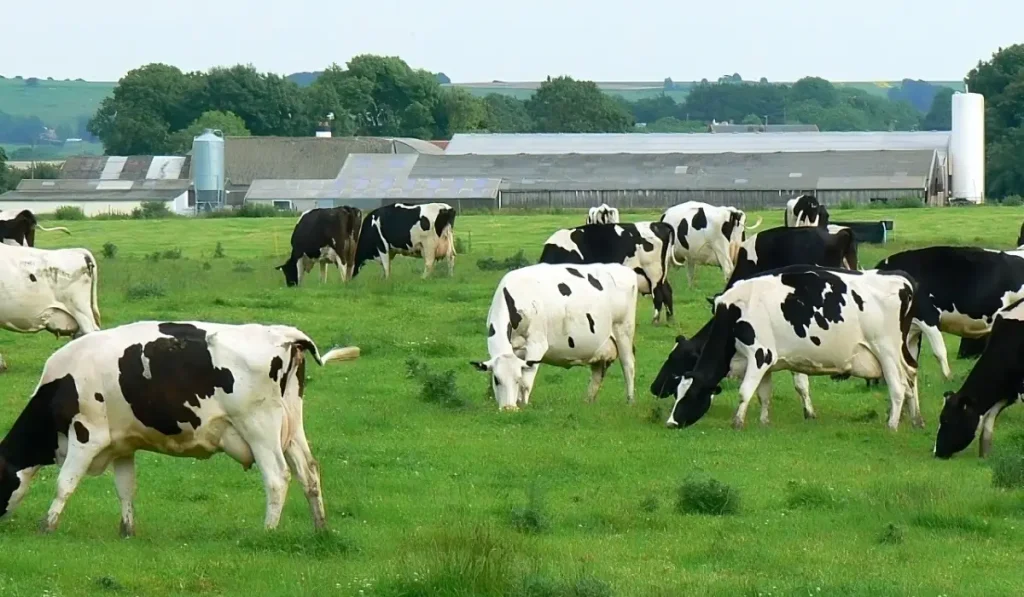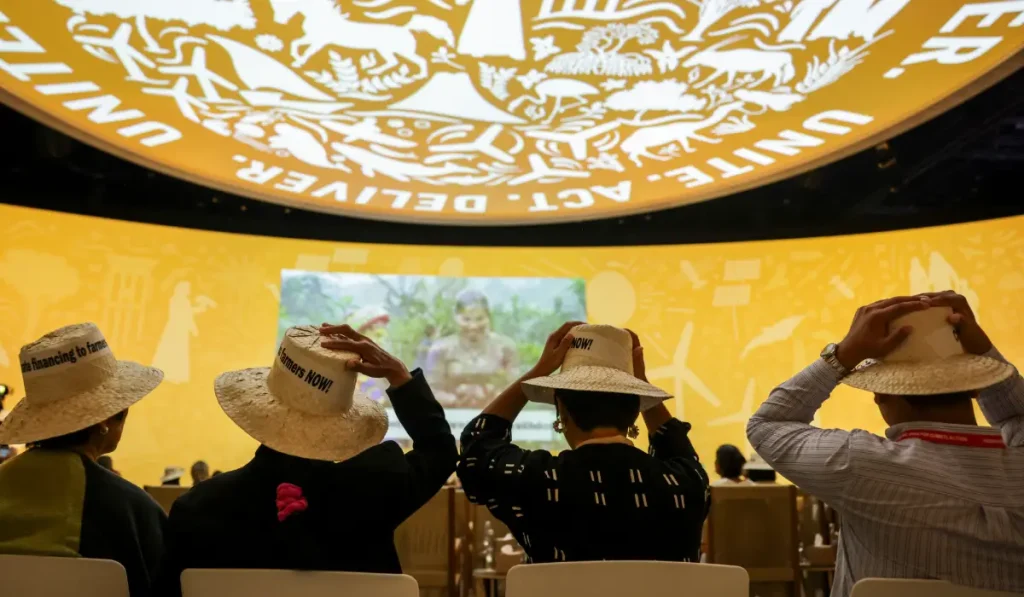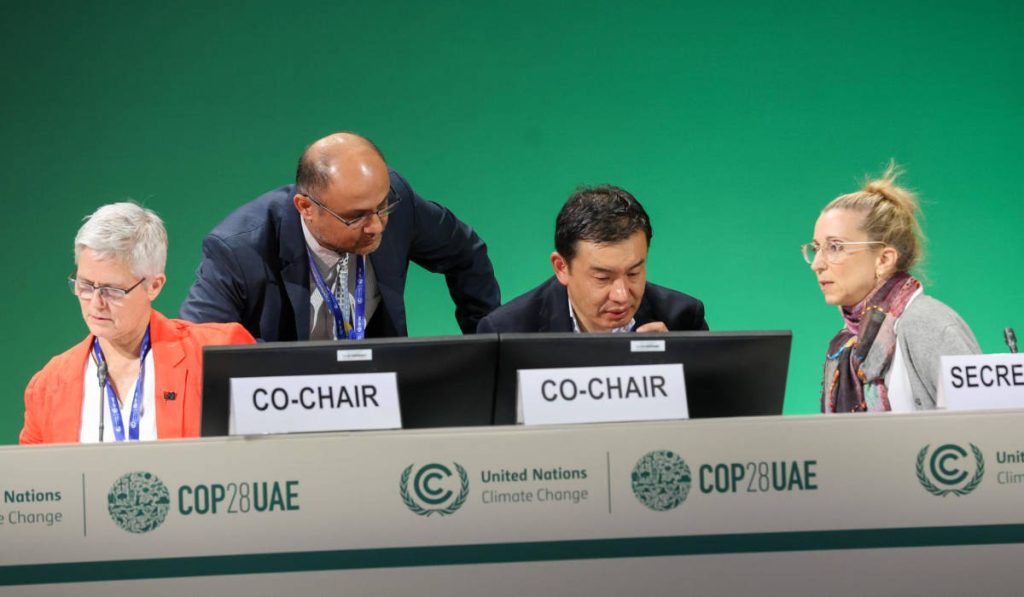According to India’s Economic Times, the country, backed by China, is seeking to build consensus within the G20 group to allow countries to choose a roadmap to reduce their GHG emissions, instead of setting a deadline to end the use of fossil fuels. India, who hosts the G20 presidency this year, is looking to have the phrase “multiple energy pathways’” included in the communique released at the G20 summit in September, and, according to an interviewed official, both China and South Africa support it on this. Last month, when the G20 Energy Transitions Working Group met, India opposed a deadline proposed by developed countries to end the use of coal. Another official commenting on the position stated that it is intended to be in alignment with the principle of common but differentiated responsibilities under the Paris Agreement and UNFCCC. Historically India has argued at the UNFCCC COPs that if an end date is given to coal then the same must be done for oil and gas so that the impacts of a full phase out are felt universally by all countries, irrespective of the nature of their fossil fuel dependency.
Last month, Climate Ministers from the G7 agreed to “to accelerate the phase-out of unabated fossil fuels so as to achieve net zero in energy systems by 2050 at the latest”. Earlier this month at the Petersberg Climate Dialogues, German Chancellor Olaf Scholz focused on a goal of tripling newly installed solar, wind power by 2030, similar to a target that the International Renewable Energy Agency has been proposing. Whilst Germany remains in support of a global fossil fuel phaseout, achieving a renewables target may be more realistic.
By comparison, incoming COP28 President, Sultan al-Jaber from the United Arab Emirates, stated that the oil rich nation was looking for “a comprehensive, holistic approach to an energy transition that included all sources of energy.” The focus, he said, was to phase out “emissions” (instead of “fossil fuels”) from all sectors, and push for investments in clean tech and renewable energy. This has been interpreted as a push for carbon capture and storage.
Denmark’s Climate Minister, Dan Jørgensen, said that the proposal to phase out (not just phase down) all fossil fuels will be on the table again at this year’s COP28. Having almost 3 years now to debate the issue, it is possible that we are further away from agreement on this point than we were when we started. However, it may be that agreement on achieving “multiple energy pathways” (something emerging economies want) with targets for renewable energy (the goal of Germany and possibly the G7), may be a realistic compromise. All eyes will be on the G20 discussions in September as well as the Bonn intersessionals in June to see where positions land on this.





